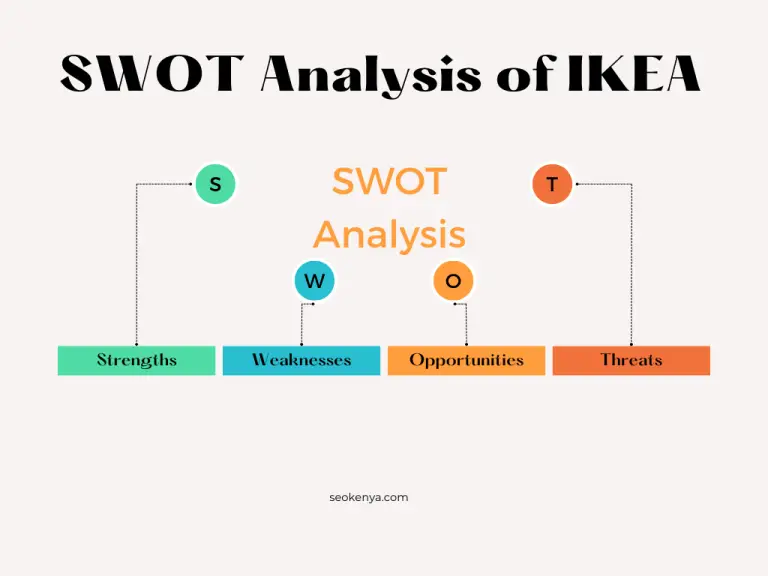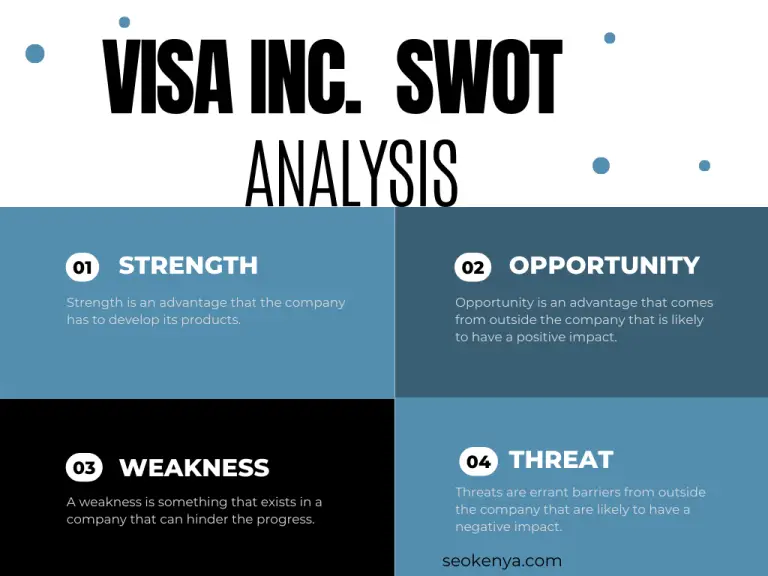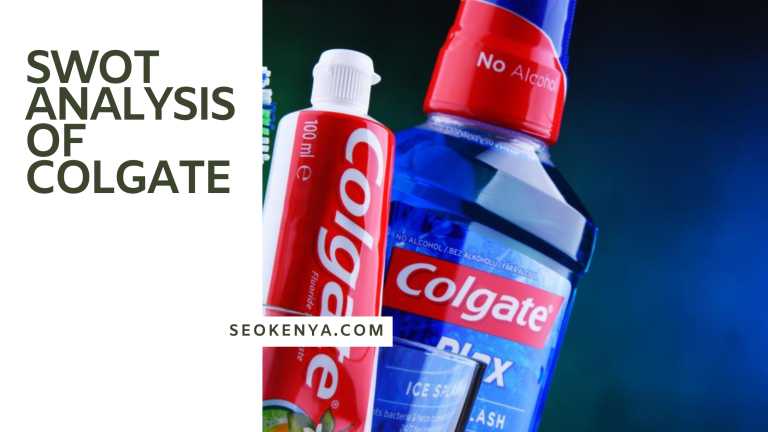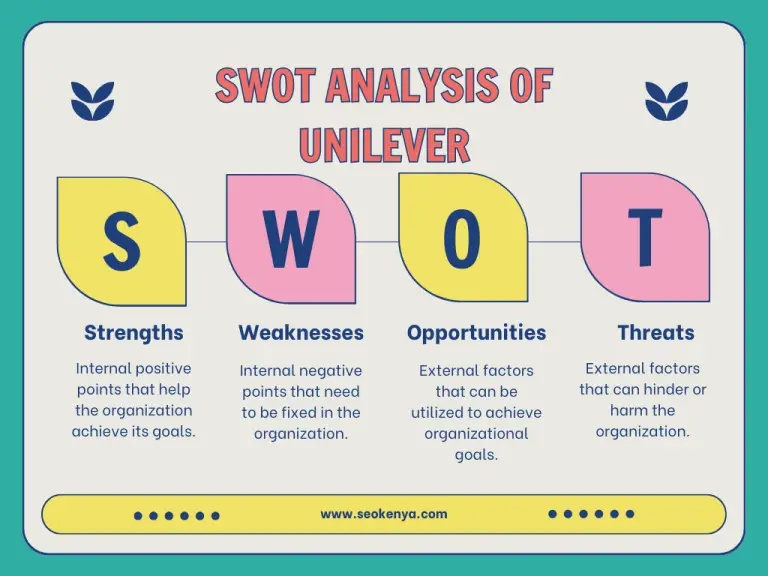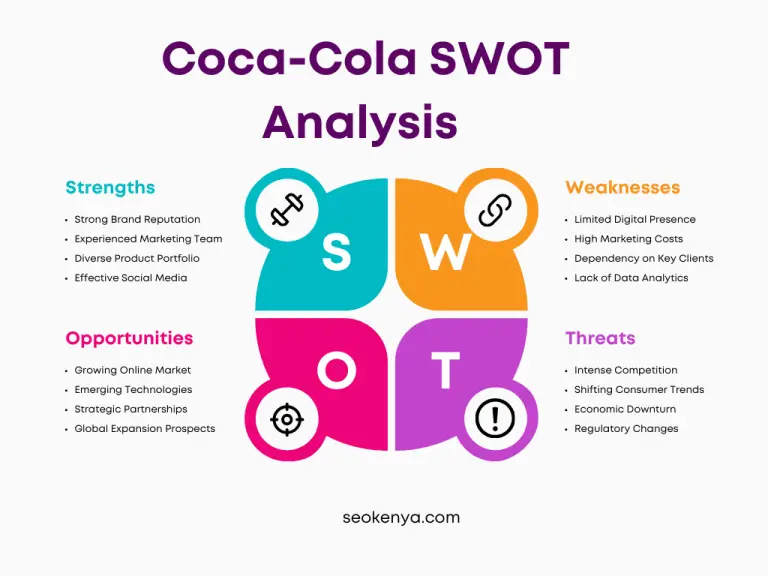In-Depth SWOT Analysis For Molson Coors Brewing
Molson Coors Brewing is one of the largest beverage companies in the world, offering a wide range of beers, ciders, and other alcoholic beverages to consumers across the globe.
The company’s success over the years can be attributed to a combination of factors, including its strong brand reputation, innovative product offerings, and effective marketing strategies.
However, like all businesses, Molson Coors is not immune to the challenges and opportunities posed by the changing market dynamics.
Molson Coors Brewing Company Overview
Here’s an overview of Molson Coors Brewing Company presented in a table:
| ATTRIBUTE | VALUE |
| Company Name | Molson Coors Brewing Company |
| Founded | 2005 (through the merger of Molson of Canada and Coors of the United States) |
| Headquarters | Golden, Colorado, U.S. and Montreal, Quebec, Canada |
| Industry | Alcoholic Beverages (Beer) |
| Products | Beers (Coors Light, Molson Canadian, Miller Lite, Blue Moon, Carling, Crispin Cider, and others) |
| Major Brands | Coors Light, Molson Canadian, Miller Lite, Blue Moon, Carling, Crispin Cider |
| CEO | Gavin Hattersley (since 2019) |
| Employees | Approximately 16,000 (as of 2021) |
| Revenue | $10.3 billion (2022) |
| Net Income | $1.1 billion (2022) |
| Market Cap | Approximately $11.7 billion (as of March 2023) |
| Stock Exchange | NYSE: TAP, TSX: TPX |
Molson Coors Brewing Company is a leading global brewer formed by the merger of Molson of Canada and Coors of the United States in 2005.
The company is headquartered in both Golden, Colorado, and Montreal, Quebec, and operates through a broad portfolio of iconic beer brands, including Coors Light, Molson Canadian, Miller Lite, Blue Moon, and Carling.
Molson Coors has a strong presence in various markets worldwide and focuses on innovation, quality, and responsible consumption of its products.
This article provides a comprehensive SWOT analysis of Molson Coors Brewing, focusing on the company’s strengths, weaknesses, opportunities, and threats. Additionally, we provide strategic recommendations for the company to sustain its growth and stay ahead of the competition.
Strengths of Molson Coors Brewing
- Strong brand reputation: Molson Coors has a well-established brand reputation that spans over several decades. The company’s brands, such as Coors Light, Miller Lite, and Blue Moon, are household names and synonymous with quality, taste, and affordability.
- Wide range of product offerings: Molson Coors offers a wide range of alcoholic beverages, including beer, ciders, and ready-to-drink cocktails. This diversified product portfolio provides the company with a competitive advantage in the market and helps mitigate risks associated with relying on a single product line.
- Effective marketing strategies: Molson Coors has a strong marketing team that has successfully leveraged social media, digital marketing, and other channels to reach its target audience. The company’s marketing campaigns are memorable, engaging, and effective in driving sales.
- Global presence: The company has a global presence and operates in more than 25 countries worldwide. This allows the company to tap into different international markets and to expand its customer base.
- Strong distribution network: Anheuser-Busch has an extensive distribution network that allows the company to efficiently distribute its products to its customers. This helps the company to reach a larger customer base and to increase its sales.
Weaknesses of Molson Coors Brewing
- Dependence on a few key markets: Molson Coors generates a significant portion of its revenue from North America and Europe, making it vulnerable to economic downturns and changes in consumer behavior in these regions.
- Intense competition: The beverage industry is highly competitive, with numerous players vying for market share. Molson Coors faces intense competition from domestic and international players, which can limit its growth potential and profitability.
- Limited distribution channels: While Molson Coors has a widespread distribution network, it is primarily focused on retail and on-premise sales. The company may struggle to reach new customers and expand its reach in emerging markets without developing additional distribution channels.
- Increasing production costs: The production costs of beer are increasing, which puts pressure on the company’s profitability. This is due to the rising costs of raw materials, labor, and energy.
Opportunities of Molson Coors Brewing
- Expansion into emerging markets: The growing middle class in emerging markets such as Asia and Africa presents significant opportunities for Molson Coors. By entering these markets and leveraging its brand reputation, the company can tap into new growth opportunities and increase its revenue.
- Growing demand for non-alcoholic beverages: The growing health consciousness among consumers has led to an increase in demand for non-alcoholic beverages. Molson Coors can tap into this market by developing and marketing non-alcoholic products that appeal to health-conscious consumers.
- Increasing popularity of craft beers: The craft beer market is growing, and consumers are increasingly seeking unique and flavorful beers. Molson Coors can capitalize on this trend by developing and marketing craft beers that cater to the changing preferences of consumers.
- Increase in demand for premium beer: There has been an increase in demand for premium beer, which presents an opportunity for Anheuser-Busch to capitalize on this trend and increase its sales.
Threats of Molson Coors Brewing
- Stringent regulations: The beverage industry is heavily regulated, and Molson Coors must comply with a wide range of laws and regulations, including those related to production, labeling, and advertising. Failure to comply with these regulations can result in significant penalties and damage to the company’s reputation.
- Fluctuations in commodity prices: The cost of raw materials, such as hops, barley, and corn, can fluctuate significantly, affecting Molson Coors’ profitability. The company must be able to effectively manage these costs and maintain its competitiveness in the market.
- Changing consumer preferences: The tastes and preferences of consumers can change rapidly, particularly in the beverage industry. Molson Coors must stay attuned to these changes and be able to quickly adapt its product offerings to remain relevant and appealing to consumers.
- Government regulations: The beer industry is subject to stringent government regulations, which can increase the production costs and reduce the profitability of the company.
- Economic downturns: Economic downturns can result in a decrease in consumer spending, which can negatively impact the sales and profitability of Anheuser-Busch.
Strategic Recommendations
- Expand into emerging markets: Molson Coors should focus on expanding into new and emerging markets, such as Asia and Africa, where there is growing demand for alcoholic beverages. This will help the company diversify its revenue streams and mitigate risks associated with relying on a few key markets.
- Diversify product offerings: Molson Coors should continue to diversify its product offerings to include non-alcoholic and craft beers. This will help the company tap into growing demand for these types of products and remain relevant in the changing market.
- Enhance distribution channels: Molson Coors should focus on enhancing its distribution channels, particularly in emerging markets. This will help the company reach new customers and expand its reach in these markets.
- Invest in marketing and brand building: Molson Coors should continue to invest in marketing and brand building to maintain its strong brand reputation and reach its target audience effectively. This will help the company remain competitive in the market and drive sales.
- Monitor and adapt to regulatory changes: Molson Coors should closely monitor changes in regulations and adapt its practices accordingly. This will help the company avoid penalties and maintain its reputation in the market.
- Effective cost management: Molson Coors should focus on effective cost management, particularly in managing fluctuations in commodity prices. This will help the company maintain its competitiveness in the market and preserve its profitability.
Conclusion
Molson Coors Brewing is a well-established and successful beverage company, offering a wide range of alcoholic beverages to consumers across the globe.
However, the company faces challenges and opportunities in the changing market dynamics.
By focusing on expanding into new markets, diversifying product offerings, enhancing distribution channels, investing in marketing and brand building, monitoring and adapting to regulatory changes, and effectively managing costs, Molson Coors can sustain its growth and remain competitive.
